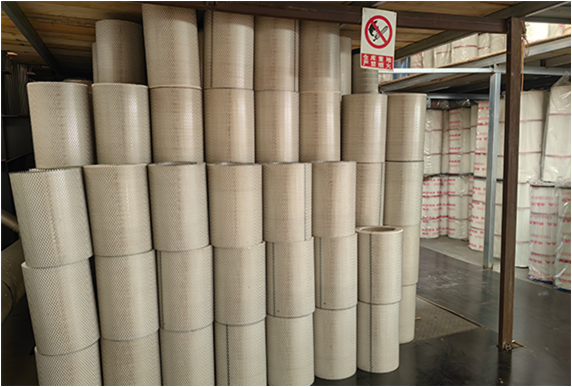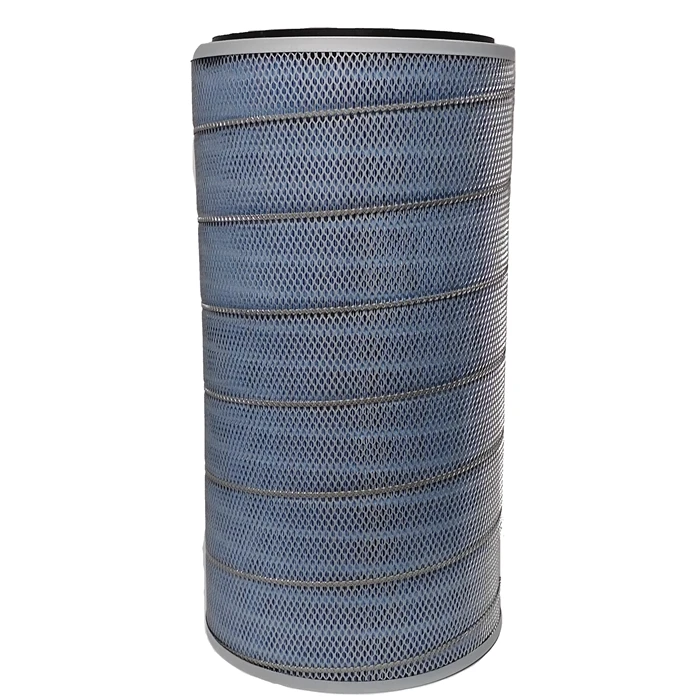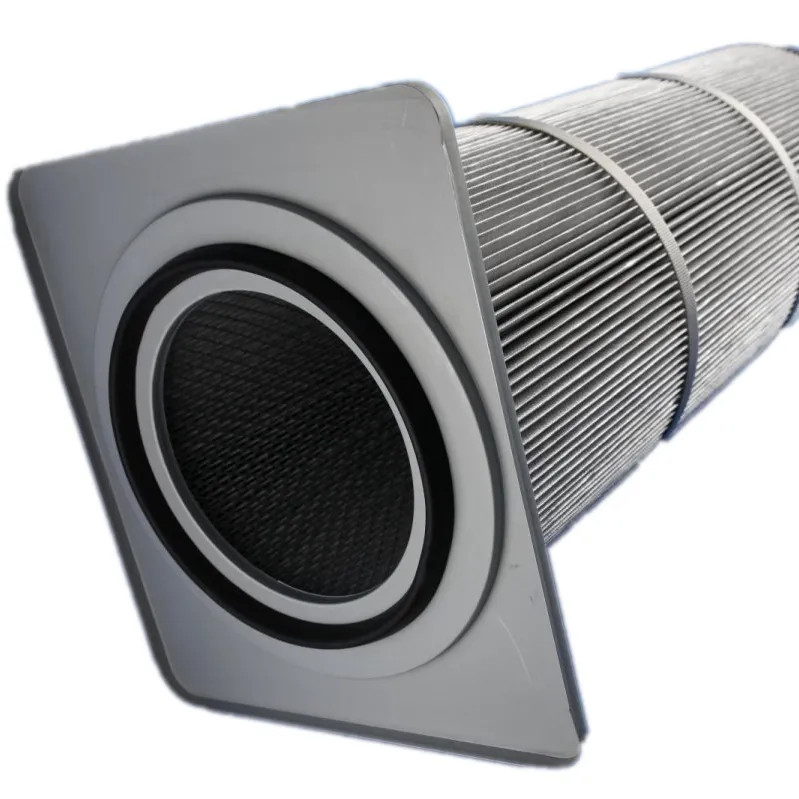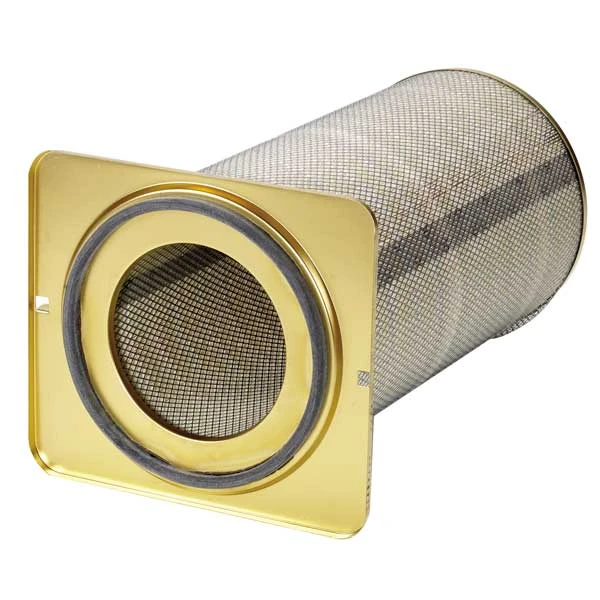 Tel:
+8618931101301
Tel:
+8618931101301
sep . 17, 2024 04:18 Back to list
turbine air intake filters
The Importance of Turbine Air Intake Filters in Power Generation
In the world of power generation, particularly in the field of gas turbine engines, the efficiency and reliability of operations are paramount. One crucial component that plays a significant role in ensuring optimal performance is the turbine air intake filter. These filters serve as the first line of defense against contaminants in the air, which can have detrimental effects on turbine performance and longevity.
Gas turbines are designed to operate under a variety of conditions, and they require high volumes of air to function effectively. However, the air drawn into the turbines often contains dust, dirt, pollen, and other particulate matter. If these contaminants enter the engine, they can cause erosion of components, lead to overheating, and ultimately reduce the overall efficiency of the turbine. To mitigate these risks, turbine air intake filters are employed.
The primary function of air intake filters is to remove particulates from the incoming air. High-quality filters can capture a significant percentage of contaminants before they reach the compressor. This not only protects the turbine's internal components but also helps maintain the efficiency of the air-to-fuel ratio, which is critical for optimal combustion. When the filters are effective, the engine can operate at peak performance, resulting in better fuel efficiency and reduced emissions.
turbine air intake filters

Moreover, the design and material of the filters are integral to their performance. Advanced filter technologies, such as pleated designs and synthetic media, have become increasingly popular. These materials allow for higher dust-holding capacity and lower pressure drop, meaning that they can capture more particles while allowing a smooth flow of air. This balance is essential, as too much restriction can lead to reduced airflow, ultimately affecting the turbine's power output.
Regular maintenance and timely replacement of air intake filters are also crucial for prolonging the lifespan of gas turbines. Over time, filters can become saturated with dirt and debris, leading to increased resistance and potential airflow issues. Many operators use monitoring systems that can track filter performance, providing real-time data on when a filter change is necessary. This proactive approach can prevent unexpected downtime and costly repairs.
In addition to performance enhancements, effective air filtration also contributes to environmental sustainability. By ensuring that turbines operate efficiently, the amount of fuel consumed is minimized, which consequently reduces greenhouse gas emissions. As energy demands continue to rise worldwide, the push for more efficient energy production is stronger than ever, making the role of turbine air intake filters even more critical.
In conclusion, turbine air intake filters are vital components of gas turbine engines, significantly impacting performance, longevity, and environmental sustainability. As advancements in filter technology continue, the power generation industry can look forward to even greater efficacy and efficiency in energy production, moving towards a more sustainable future.
-
Cold knowledge of air filters: Why are some designed to be pleated?NewsJun.16,2025
-
Factory direct supply! High-precision air filter element wholesale and customizationNewsJun.12,2025
-
A complete analysis of the practical value of activated carbon filtersNewsJun.10,2025
-
Why are high iodine coconut shell activated carbon filters more durable?NewsJun.06,2025
-
Gas Turbine FilterNewsJun.06,2025
-
Filter TurbineNewsJun.06,2025

 Email:
Email:





